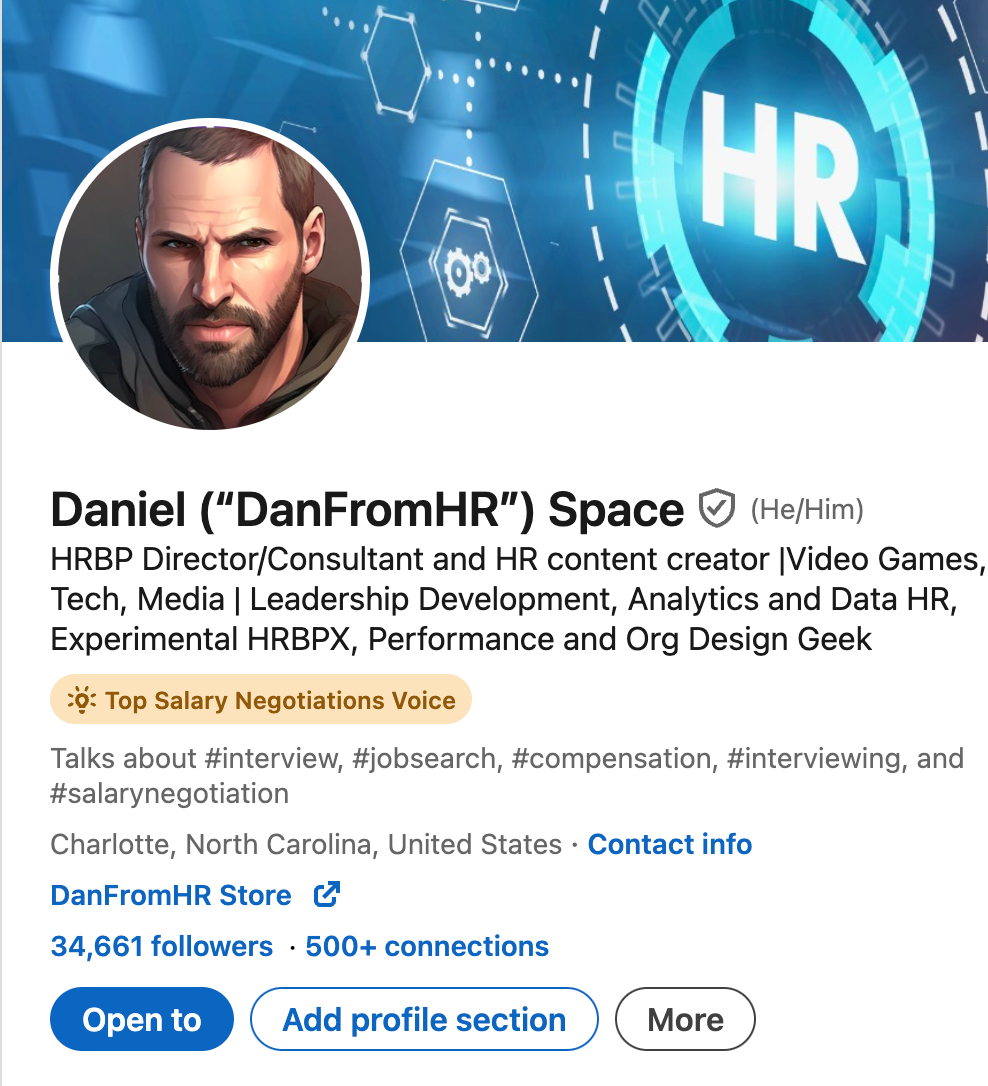
#1 Rule of Compensation Negotiation (No, it's not what you think!)
The #1 Rule of Compensation Negotiation (And It’s Not “Always Negotiate”)
If you’ve spent time on career blogs or scrolling through job search advice on social media, you’ve probably seen one common piece of advice: “Always negotiate.”
But here’s the truth: that oversimplification has led a lot of people down the wrong path. Some career coaches and self-styled experts go as far as saying “everything is negotiable.” and that mindset had put new hires in very uncomfortable positions, and occasionally even getting offers pulled. Not only is "everything is negotiable" simply not true, some areas like ERISA-regulated benefits and retirement plan participation are legally locked in. Trying to negotiate them shows you don’t understand how compensation packages work, and can weaken your credibility.
The Real Rule of Thumb: Always Ask
Instead of “always negotiate,” the smarter approach is to always ask. Negotiation starts with curiosity and understanding what’s actually on the table.
Good questions to ask include:
- “How is performance reviewed, and how often do raises occur?”
- "Does this company share Comp-Ratios? And if so, what is the CR for this offer?"
- "What is this companies general compensation philosophy?"
- “What does the bonus structure look like are there guaranteed components or performance-based?”
- “How does this offer compare against recent hires made in similar leveled roles?"
Notice the difference: you’re not demanding; you’re asking questions that clarify the total package. This opens the door to a productive discussion instead of a standoff.
Root Negotiations in Business Value, Not Personal Need
Successful negotiations aren't about saying “I need more because my rent is high” or “I deserve it because of personal circumstances.” Instead, they’re strongest when tied to business value.
For example:
- “Based on the market data for this role and the responsibilities outlined, I believe a range of X–Y is more aligned with the value I’ll bring.”
- “In my last role, I increased revenue by 20%. I’d like to understand how that type of impact is rewarded here.”
By tying your request to the business, you reinforce that you’re an investment—not a cost.
The Power of Good Questions and Clear Examples
The most effective negotiators aren’t necessarily the boldest or most aggressive. They’re the ones who combine asking the right questions with providing concrete examples of their impact.
Instead of going in with the mindset of “fight for every dollar,” go in prepared to learn, clarify, and connect your skills to measurable results. That’s where real negotiation power lives.
- Choosing a selection results in a full page refresh.

